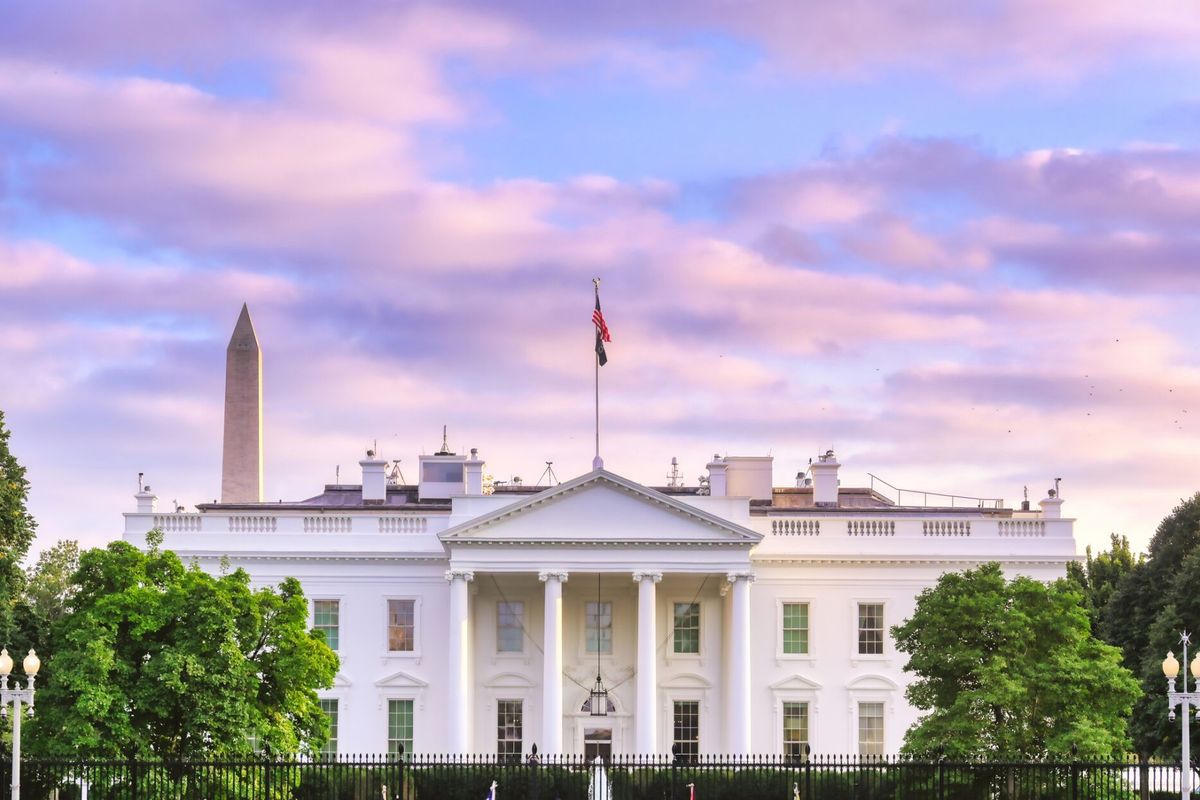CIPHER BRIEF REPORTING — China’s newest U.S. ambassador took up his post Tuesday, less than four months after criticizing President Joe Biden's “indiscriminate use of force” in shooting down a Chinese surveillance balloon that floated across the United States.
Now, the balancing act begins.
On the one hand, Xie Feng inhabits a key diplomatic office in Washington at a time when the world’s two largest economies, despite historically low relations, are nonetheless engaging in “candid” and “constructive” talks. On the other, a recent Group of Seven (G7) summit in Japan left Chinese leadership fuming, and blaming the U.S. and other western leaders over their decision to “smear and attack” China, while ramping up their own pressure against Beijing’s rising military threats toward Taiwan.
In a statement following the summit, where G7 leaders looked to cut their trade reliance on China, they also called for a “peaceful resolution” to the Taiwan issue. Chinese President Xi Jinping has said he would strive for peace, but Xi has also made it clear that he will not abandon the right to use force against an island that China claims as its own.
"Resolving the Taiwan issue is the Chinese people's own business, and it up to the Chinese people to decide," Xi said at the opening of a major party meeting in October.
A new poll suggests that public support in China may indeed favor that use of force.
The survey, carried out by researchers Adam Y. Liu, from the National University of Singapore, and Xiaojun Li, from NYU Shanghai, and published last week in the Journal of Contemporary China, found that 55 percent of those polled in China were in favor of “launching a unification war to take back Taiwan entirely.” Roughly one third opposed a strike. And the rest remained unsure.
Looking for a way to get ahead of the week in cyber and tech? Sign up for the Cyber Initiatives Group Sunday newsletter to quickly get up to speed on the biggest cyber and tech headlines and be ready for the week ahead. Sign up today.
If an attack were to unfold, not only would Xie likely bear the immediate diplomatic brunt, but experts say the outcome is also far from certain.
“Taiwan knows, and everybody knows that Taiwan can't defeat China alone,” said Cipher Brief Expert Kevin Donegan, former Vice Admiral and Commander of the U.S. Fifth Fleet. “Just look at Taiwan and its size. Their GDP is $829 billion. If you compare that to China, it's paltry … Think of Cuba trying to generate some kind of capability to defend against the United States. That's probably the best way I can put it in terms of geography. Taiwan needs the international support.”
But even with that support, the outcomes may vary.
In war games carried out last month before members of the House Select Committee on China, planners laid out a forecast of a battle over Taiwan in painstaking detail, illustrating the use of submarines, warships, ground forces, cyber strikes, and space weaponry, with blockades hobbling the global economy and casualties projected to soar into the thousands. A similar war-gaming in China, published earlier this month by the Chinese-language Journal of Test and Measurement Technology, examined the potential effects of hypersonic anti-ship missiles, principally against the U.S. Navy’s most advanced aircraft carrier groups, while also exploring anti-submarine strategies.
“Some people regard the U.S. submarine forces as kind of our ace in the hole, our silver bullet,” said Lyle Goldstein, Director of Asia Engagement at Defense Priorities. “But that's not how I see it. There are too many limitations on the number of boats, on the number of torpedoes, and missiles that each of the boats carry ... China didn't start thinking about this yesterday. They've been working on this for at least 20 years on how to counter the U.S. submarine force.”
The Cipher Brief hosts expert-level briefings on national security issues for Subscriber+Members that help provide context around today’s national security issues and what they mean for business. Upgrade your status to Subscriber+ today.
And yet despite growing strategic weaponry within China’s People’s Liberation Army (PLA), including conventional, nuclear, cyber, and space capabilities, the Biden administration’s deterrence efforts have been growing to the point where earlier this month Chinese authorities expressed the need for "high vigilance" in the face of NATO's "eastward expansion."
In fact, Biden’s national defense strategy in the region largely relies on something called “integrated deterrence,” or the coordination of military, economic, and diplomatic pressure points, which has recently included the rallying of regional partners, such as Japan, Australia, and the Philippines.
“When the country that is going to enter a conflict knows that the other guys can win, that is what gets you to your deterrent value,” explained former Vice Admiral Donegan. “This isn't mutually assured destruction, it is about how it ends up. China doesn't want to take this to a conflict, but that doesn't mean it won't get there, because there's lots of roads to war that well-intentioned leaders didn't think would get to conflict but did.”
Adding to those concerns, following last week’s G7 summit, British Prime Minister Rishi Sunak said China now poses "the greatest challenge of our age."
And yet Xie, despite earlier bluster, said Tuesday, that he hopes to help restore relations between China and western nations, and to help navigate these “serious difficulties and challenges.”
After landing at John F. Kennedy International airport in New York, he told reporters that “we hope that the United States will work together with China to increase dialogue, to manage differences, and also to expand our cooperation so that our relationship will be back to the right track.”
“China doesn't want to go to war,” Donegan added. “They're doing what they can to avoid it, and they want to just continue to keep time on their side … They want to flex their ability to become a world influencer. They're doing that already.”
Read more expert-driven national security news, analysis and opinion in The Cipher Brief because National Security is Everyone’s Business














